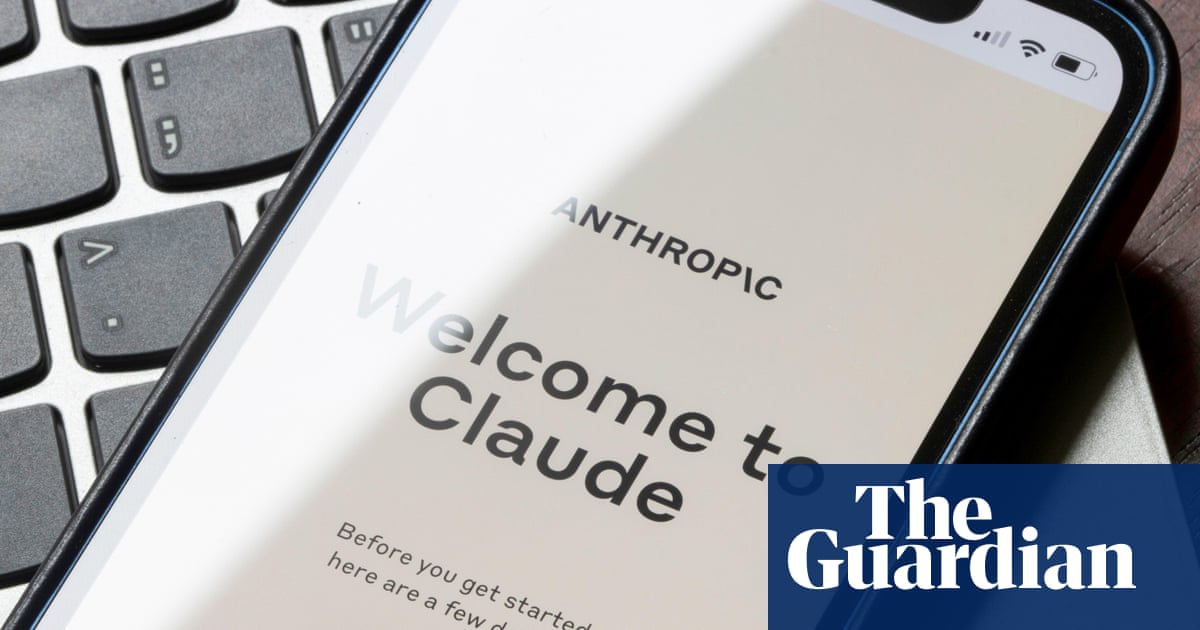kigmatzomat
Legend
What this case does NOT cover is the USE of the database/LLM.
This ruling is about a case where the AI company bought a huge number of books and then scanned them in a destructive manner. The books weren't resold so the company keeps their right to a copy of each book. Those books could be loaded to a normal database and searched. The AI company jammed them in a a really lossy database called an LLM.
That's the ruling in this case. Was it legal to buy a book and put it in a computer running the worst database in existence. And yeah, if you buy books, you can put them in a computer.
Agqin, this case does NOT cover is the USE of the database/LLM.
If this database/LLM is for Sam Altman or Mark Zuckerberg personally, its all good. Legit copyright use. If its for internal business use, a corporate library, that's probably fine, but no making copies of the books for everyone since you only started with one of each book. You want to sell access to it? That might be less fine. A private library is a real business model but it has limits. Like, copying 3 pages from a book is OK but copying the whole book is bad. Can't use your right to a copy to de-value the marketplace.
LLM using author's work to compete with the author de-valuing the marketplace? Totally not part of this case.
This ruling is about a case where the AI company bought a huge number of books and then scanned them in a destructive manner. The books weren't resold so the company keeps their right to a copy of each book. Those books could be loaded to a normal database and searched. The AI company jammed them in a a really lossy database called an LLM.
That's the ruling in this case. Was it legal to buy a book and put it in a computer running the worst database in existence. And yeah, if you buy books, you can put them in a computer.
Agqin, this case does NOT cover is the USE of the database/LLM.
If this database/LLM is for Sam Altman or Mark Zuckerberg personally, its all good. Legit copyright use. If its for internal business use, a corporate library, that's probably fine, but no making copies of the books for everyone since you only started with one of each book. You want to sell access to it? That might be less fine. A private library is a real business model but it has limits. Like, copying 3 pages from a book is OK but copying the whole book is bad. Can't use your right to a copy to de-value the marketplace.
LLM using author's work to compete with the author de-valuing the marketplace? Totally not part of this case.



